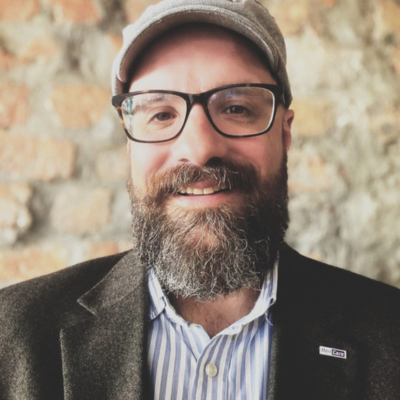Wessel van den Berg works as the MenCare Officer at the non-profit organisation Equimundo and is a research fellow at the Department of Sociology and Social Anthropology at Stellenbosch University. He is also the father of two young children and sees fatherhood as his primary job. His curiosity about men and care led him to work as a kindergarten teacher, counsellor, activist, and researcher. He is co-founder of the MenCare Global Fatherhood Campaign and the State of South Africa’s Fathers report series. He is passionate about evidence-based advocacy, and has worked on topics such as the prohibition of corporal punishment of children, the promotion of gender equal parenting leave, gender equal and violence free workplaces, and gender-transformative sexual and reproductive health and rights. His doctoral study, completed in sociology in 2022 at Stellenbosch University, is about the distribution of care work and engaging South African men in a feminist ethic of care.

